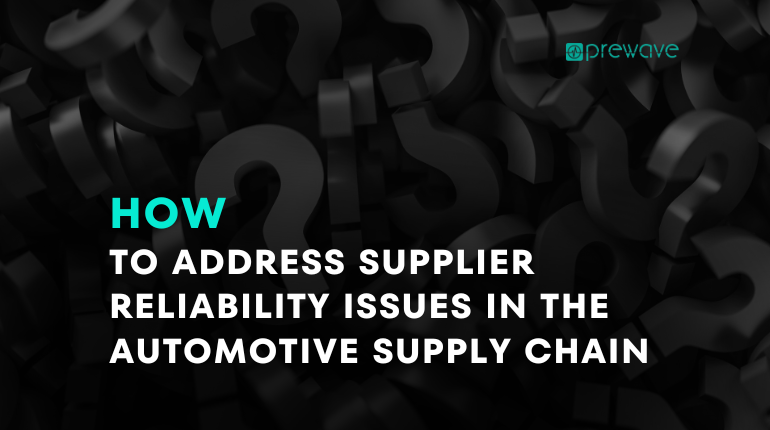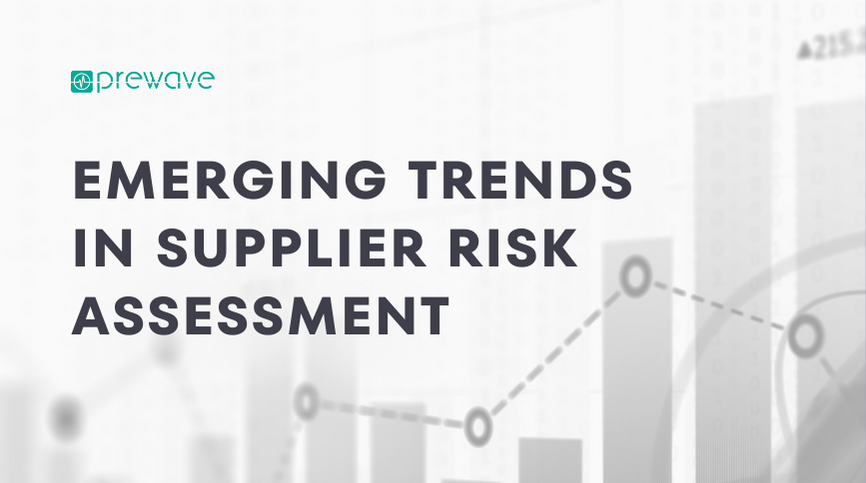Lieferkettengesetz, or LkSG
The German Act on Corporate Due Diligence in Supply Chains (or the German Supply Chain Act) will come into effect on January 1st, 2023. The Act will hold companies responsible for any human rights violations along the entire supply chain, down to the raw material. It looks to protect fundamental human rights while ensuring decent working conditions for those responsible with the production of goods and the provision of services.
To help you prepare, this article will cover the following topics:
- What are the requirements of the German Supply Chain Act?
- Which companies fall under the Act?
- What steps can companies take to stay LkSG-compliant
- How can companies protect themselves?
The requirements of the German Supply Chain Act (LkSG): An overview
It all began with the UN Guiding Principles on Business and Human Rights, published in 2011. The Guiding Principles contain three chapters, or pillars: protect, respect and remedy. Each defines concrete, actionable steps for governments and companies to meet their respective duties and responsibilities to prevent human rights abuses in company operations and provide remedies if such abuses take place.
10 years later, on February 12, 2021, the first draft of the German Supply Chain Act was passed. The legal requirements position corporate due diligence at the core of the law, with a big emphasis placed on the supply chain as a whole. Organisations are now required to perform due diligence along the entire supply chain—including Tier-N.
In essence, to comply with the requirements of the Act, organisations must adopt risk management practices centred around complete supply chain visibility (SCV). This should be done in an effort to prevent unethical business practices, such as damages to the environment, worker exploitations and other human rights violations, etc. Special care must be taken with raw materials by determining their sustainability and ensuring that no conflict minerals are present in the supply chain. Finally, all service providers and logistics partners must be monitored and evaluated, to prevent any sustainability risks from external factors.
Who does the LkSG apply to?
The Supply Chain Act comes into force on January 1st, 2023, and affects companies with at least 3000 employees. Global organisations with complex supply chains are therefore affected. Starting with 2024, companies with more than 1000 employees will also be affected.
What penalties are companies facing in this new environment?
The fines for companies that violate the requirements of the Lieferkettengesetz—companies that do not take ‘appropriate measures’ to respect human rights and the environment within their supply chains—amount to 2 percent of their annual global turnover, depending on their size.
These fines can be anywhere between 100k and 800k EUR. For companies with an annual revenue of 400 million EUR, for example, the fine can go up to 8 million EUR. Additionally, companies that violate the Act will be excluded from public tenders for three years.
LkSG protection measures
Companies must ensure Tier-N transparency through supplier monitoring.
This is a crucial step in ensuring LkSG compliance—but these measures should be taken regardless of legislative requirements. Every company, regardless of country-specific laws, should take proactive steps to monitor their supply chain, down to the raw material.
Why?
Research shows that one of the biggest threats to modern supply chains is the ever-increasing number of third parties involved. This is because, the more Tier-N suppliers a company has, the higher the risk of one—or more—of them being involved in illegal or unethical practices, such as corruption, fraud, money laundering, human trafficking, slavery, inhumane working conditions, environmental damage, etc. Thus, by not staying informed of what is going on in the supply chain—of the business practices of all suppliers, including Tier-N—companies are exposing themselves to potentially irreparable financial and reputational damages.
Let’s imagine that a fire has broken out in China, at a supplier’s factory. Your company depends on this supplier to deliver the materials you need on time, but they are unable to do so due to this unforeseen circumstance. This normally would not be a problem, because you would be able to source the material from another factory, but this supplier has failed to inform you of the situation, and while Chinese media did report on the incident, your local media did not. By the time you realise what has happened, your shipment is late, production has halted, and unhappy customers are cancelling their orders, leading to a significant financial loss.
Or let’s imagine that another supplier has been accused of creating and fostering inhumane working conditions, thus endangering the physical and mental wellbeing of their employees. Once again, you are not informed of this until the name of your business is plastered across local and international headlines—in direct association with your supplier. By the time you realise what is happening, it is too late: your business has been tainted by the actions of your supplier, and your reputation will most likely never recover.
These examples, while fiction, are reflected in recent reports, which show that the risk of third parties being involved in illegal or unethical practices is steadily increasing. According to Global Financial Integrity, levels of trade-related illicit fund flows have barely changed from 2006 to 2015, and IFF remains a significant feature of global trade. Furthermore, the commitment of high-level management to managing supply chain risks has fallen from 41% in 2017 to 26% in 2019, according to a BCI report.
If your business is exposed to a an external threat caused by a third party, the business will be in direct violation of LkSG requirements, regardless of your level of influence over the supplier. Had you been informed of the event during—or even before—it took place, you could have cut ties with the supplier and avoided the hefty fine and reputational damages that come with LkSG violations.
This is why Tier-N transparency is crucial—and why Prewave should be your chosen LkSG partner.
Prewave’s Tier-N Transparency tool helps you manage future incidents by enabling you to react to any present or potential risks as quickly as possible, through a monitoring system that gives you information in real time. The incidents are also categorised based on various levels of risk, which helps you determine where action is needed.
Prewave monitors a company’s suppliers—present and future—and provides relevant alerts when an incident that may be in direct violation of the German Supply Chain Act occurs. Thus, the risk of unknowingly violating applicable laws decreases significantly.
Conclusion: A look ahead
The German Supply Chain, or Lieferkettengesetz, is less than two months away.
Is your organisation ready?
If you are looking for a partner that can make this journey easier, look no further.
Prewave has been supporting businesses like yours for years, and we are continuously perfecting our processes to ensure complete alignment with present and future supply chain legislation.
For more information, you can contact us at info@prewave.ai.



